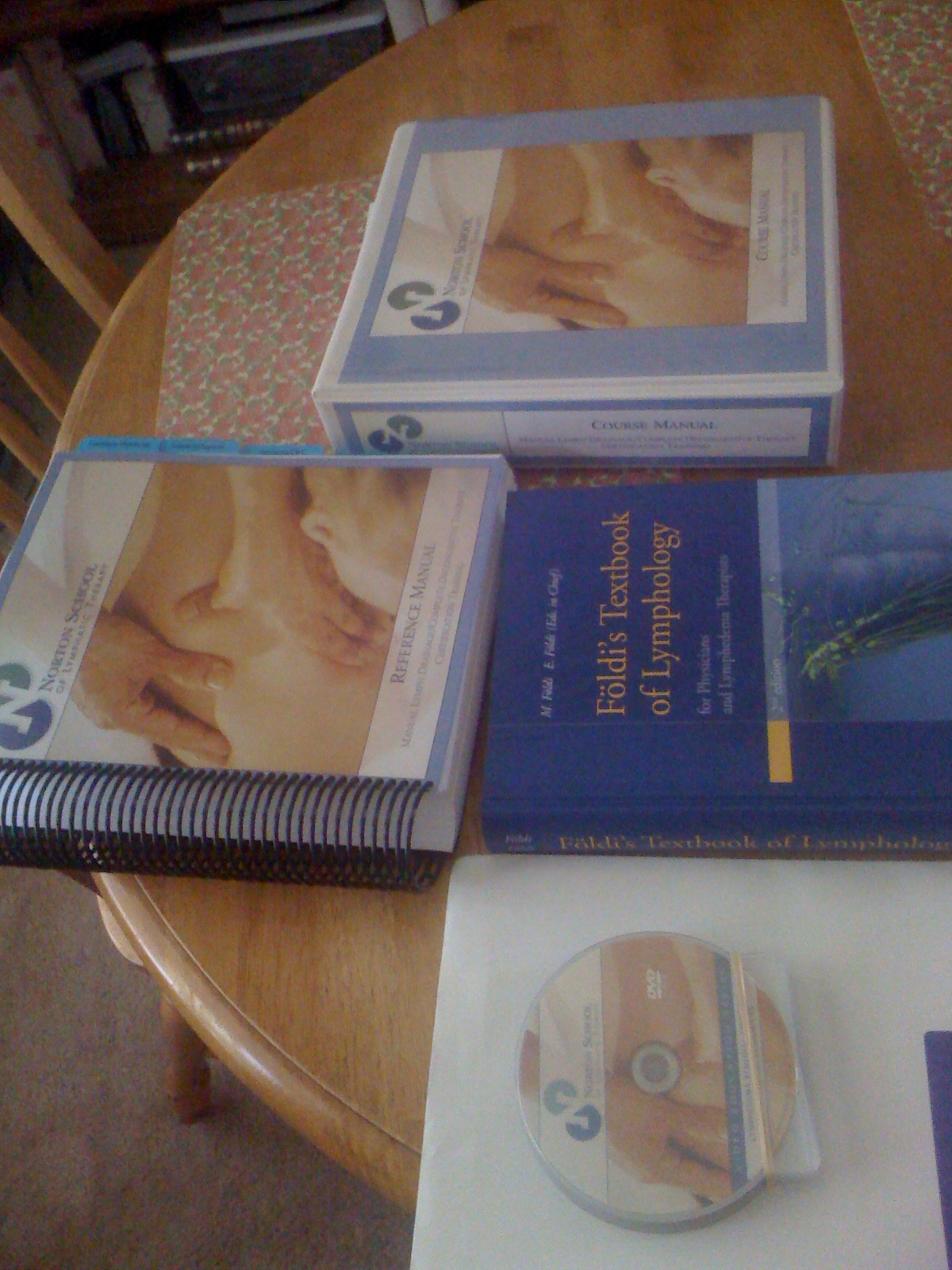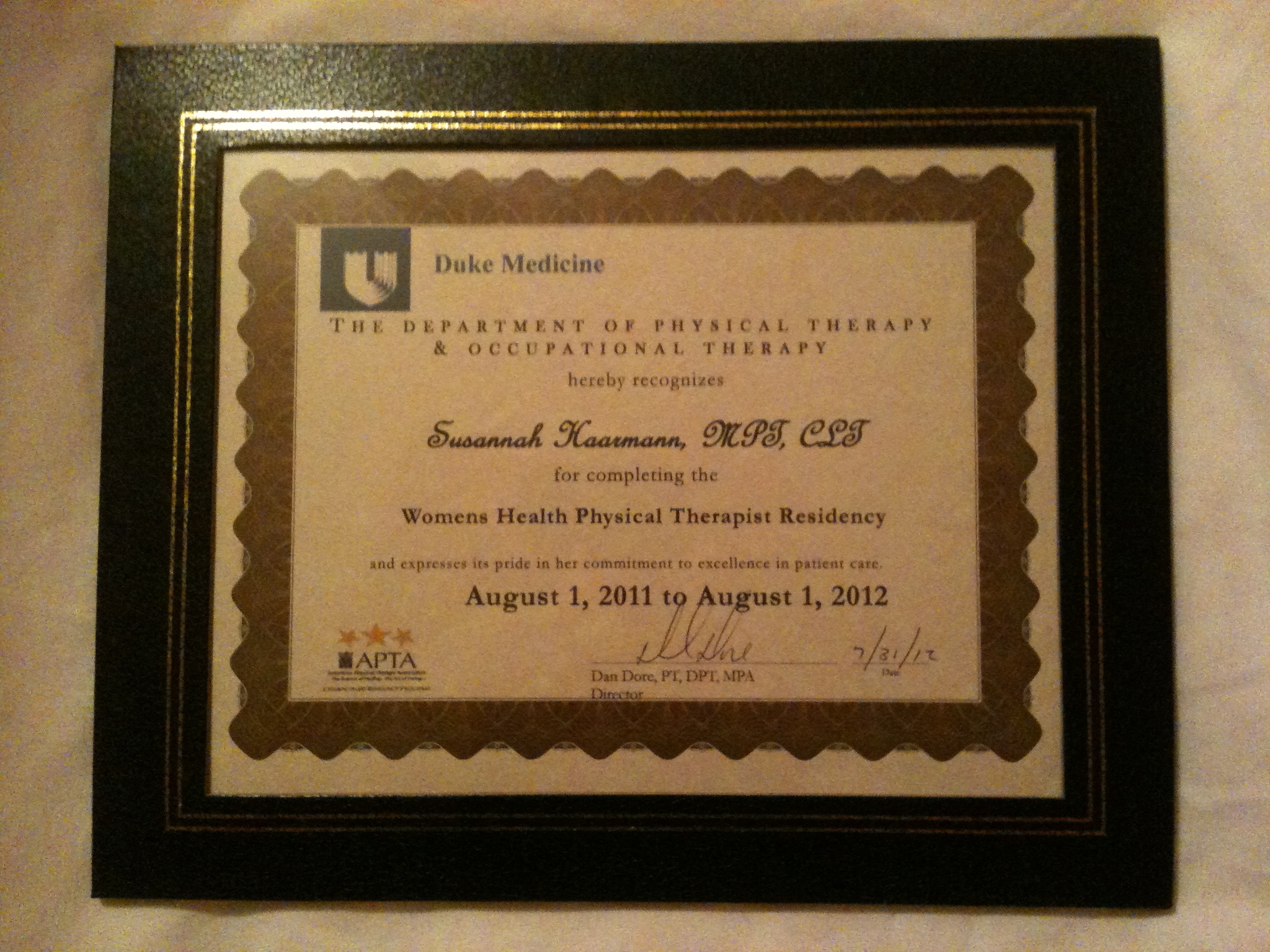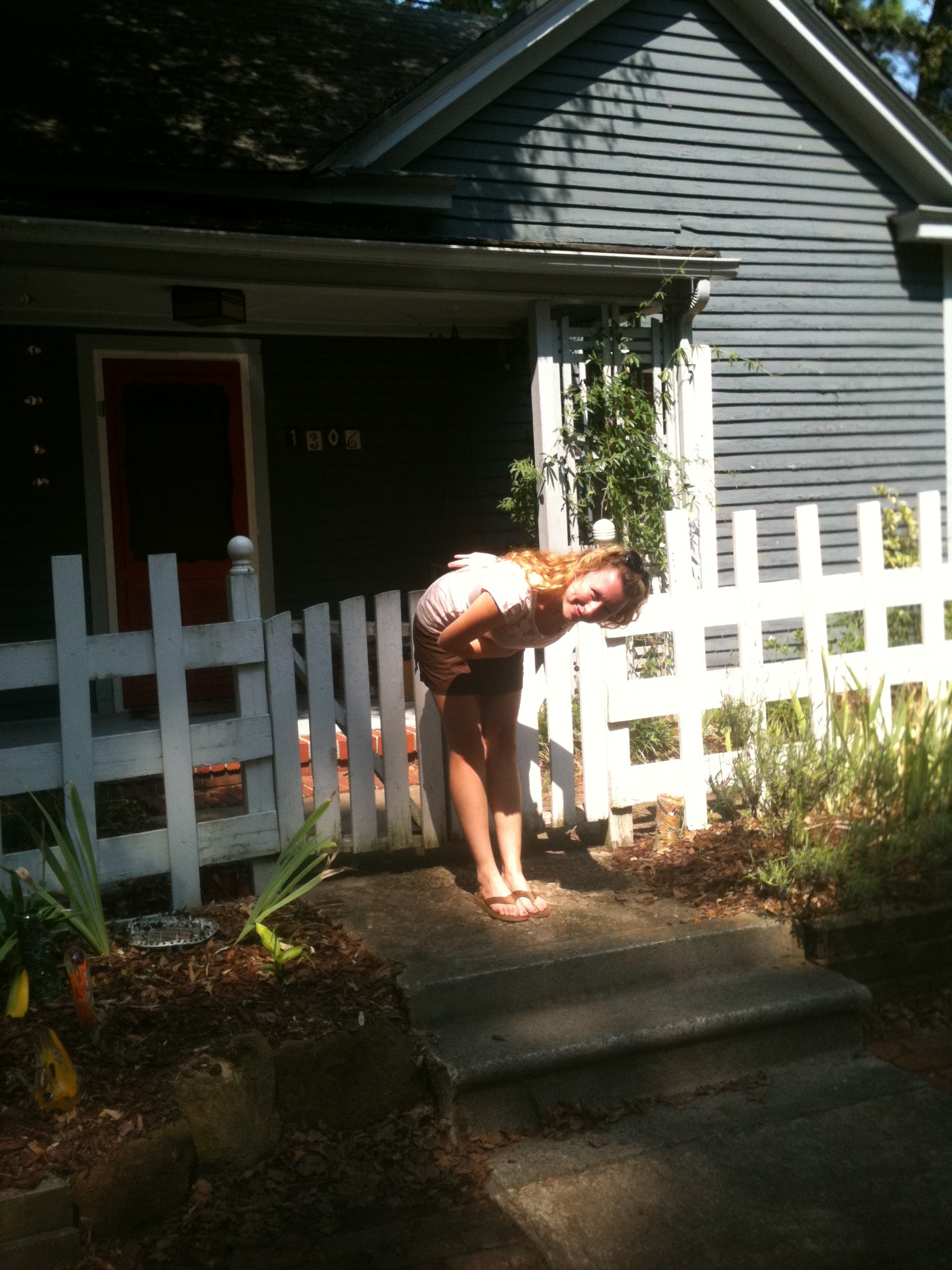Is a Women's Health Residency Right for you?
Lately I have noticed more people, new-grad and seasoned clinicians, asking me if I would recommend doing a residency program in women's health physical therapy...the short answer; I'm glad I did it, it was an intense year and it is not for everyone (but, what is?). I've attempted to summarize my experience as a resident, address the pros and cons and offer some alternatives for everyone here.
THE ORIGINAL GOAL
First, I would like to acknowledge that I would not be where I am today writing coursework, teaching continuing education globally and publishing books if it were not for my residency experience. It is even a possibility that I would be doing something completely different! The year before I began my residency at Duke University in 2011, I was a 29 year old travelling PT. I was extremely happy working on the west coast taking short-term home health and acute care contracts, being highly paid and discovering myself and new places. I saw the face of health care changing though, and I wasn't sure it would hold up to me being able to deliver the kind of care that made my work fulfilling. I wanted to expand my skills as a women's health physio and start my own niche practice one day. I felt that my vision for this required me to be at the top of my game and I thought I could achieve this through an intensive women's health residency program.
THE INTERVIEWS
I had two interviews; one with a private practice owner who set up her own program and one with a prestigious teaching hospital and university system. It was clear by the interviews that both programs would be demanding and rewarding. Both residents at Duke at the time reported that they worked on average 80-120 hours per week and in my head I said 'no thanks' and resolved to find another way. It wasn't that I was opposed to hard work, it was that I loved my life and balance was important to me. I turned down both positions. But, when the head of Duke University's rehab department called and asked why and what he could do, I gave it a second thought. I was forthright; "I need work/life balance," I said. He made modifications to the one weekend a month in acute care (this would have required working 12 10-hour days straight) and I agreed.
MY WOMEN’S HEALTH RESIDENCY EXPERIENCE
Prior to seeing my first patient, Duke scheduled for me to attend a 10-day certification training program in lymphedema; I was happy to add a few more letters after my name and get this expensive course paid for. The first day in the clinic I was on my own with an almost full case-load of lymphedema patients I hit the ground running (used to this as a traveler). Over the course of 12 months I attended 3 of Herman & Wallace's intro to pelvic health series courses. Monday, Wednesday and Friday I worked from 8-6 seeing 9 patients a day. Tuesday and Thursday I worked my mentor's schedule (I had 3 mentors while in the program spending 4 months with each person). My residency experience was a pelvic floor playground of learning opportunities. Highlights included:
teacher's assisting for the PT program's women's health elective
assisting the first-year students with cadaver dissections
watching prolapse surgeries and prostatecomies prior to my work day
rounding with a colorectral surgeon, radiologist and OB/GYN
attending grand rounds
assisting a mid-wife during delivery
teaching post-natal exercise classes and attending birth classes
developing community education seminars
collaborating with residents in other specialties
interviewing holistic practitioners at the Cancer Center
completing a residency project and pelvic health modules along the way.
THE PROS
The pros are obvious. I can now forever say that I completed a residency program at Duke; a prestigious, universally known health care system. I had the ability to learn behind closed doors with other physical therapists on the women's health team and was able to gain medical insights on examination, tests and procedures that are unique and difficult to gain otherwise. I was able to attend 4 continuing education courses over the span of my 1-year commitment and I was able to surpass the number of hours I needed to sit for the APTA Women's Clinical Specialization board exam (which are fewer if you go the residency route).
LIFE TODAY
I was relieved when I completed the program and ready to get back to a more balanced life. But, the over-achieving bug had bit me and after I graduated I began writing my own course "Rehabilitation for the Breast Cancer Patient." It took two years of writing and research to be satisfactory in my eyes and requires continual tweaking to be great as new insights emerge, but it was the first of its kind. I then started teaching pelvic health courses for the Pelvic Rehabilitation Institute adding one pelvic course to my faculty repertoire per year. Now I am writing books and have started my own private practice. I feel I am fulfilling a purpose in life and I can also see how if I had stayed with my original decision I could have fallen in love on a beach in Spain and started teaching scuba diving classes somewhere. I am truly grateful to be on my present trajectory.
ALTERNATIVE OPTIONS
As you can imagine, this required a lot of time and multi-tasking on evenings and weekends. Residency is for the hungry individual who is ready to make short-term sacrifices for long-term gain. However, I wouldn't recommend it to everyone. I could see if I had a family that the long hours, significant decrease in pay and residency expectations could add stress not only to my life, but my family life as well. I am not saying parents shouldn't consider a residency and I don't think it is just for single new grads either.
But for those of you who do not feel that residency is a good option for you and want to get on the fast track, you can! I want to encourage you to make a career plan. Here are some tips in designing your own quasi-residency experience:
I have observed trends in women's health changing. More and more employers are seeing the benefit of investing more money in continuing education for women's health clinicians. Some want their staff to feel confident fielding a variety of diagnosis while others are designing intensive trainings for an employee to start a program. I have even met physical therapy students completing the entire women's health series prior to graduation! Could you negotiate continuing education with a prospective or current employer? You might consider paying for these courses out of pocket yourself; the cost of doing so would likely not equate to the pay-cut one takes to attend most residency programs.
Go to CSM (the APTA Combined Sections Meeting hosted every year) and lap up the women's health content and network with other providers.
If there is a seasoned pelvic health clinician in your area, ask them if they would consider providing mentorship. Hopefully their hospital system or clinic allows for outside observation and they have a collaborative spirit; if not, some of your favorite continuing education instructors are willing to provide paid mentorship programs.
Start a wine night with local women's health providers in your area where you choose a topic to discuss and discuss the recent literature (you could also host this on-line!)
Network with local physicians, mid-wives and nurse practitioners in your area and ask them if they would consider you shadowing them for a morning.
Become an active member of the Section on Women's Health
Take a big leap and apply for the PRPC (Pelvic Rehab Practitioner Certification) or WCS (Women's Clinical Specialization) exams then study, study, study!
Provide community education on a women's health topic of interest to you that you like to treat and bring it to your local gyms, mom's groups or a work team (also a great marketing tool!)
AND IF YOUR HEART IS SAYING YES TO RESIDENCY:
Interview the program as much as they are interviewing you. Consider what are the important selling-points that you want to glean from this experience and see which program offers it the best!
Consider your long-term goals after the program and how you might use your residency 'play-ground' to beef up your resume in achieving these goals.
Practice good self-care, communication among residency team leaders and mold your learning experiences as an adult learner.
I hope this helped. Please feel free to ask questions below and share your thoughts and insights! Join the Your Core PT newsletter so you don't miss a blog and 'Like' the Your Core Facebook page to stay in touch with Susannah!
- Article written by Susannah Haarmann, PT, WCS, CLT
Susannah is a board-certified Women's Clinical Specialist by the American Physical Therapy Association. She is a private practice owner in Asheville, North Carolina, teaches nationally in pelvic health and internationally in breast oncology rehabilitation. Susannah is an advocate of conservative treatment for pelvic health conditions and writes handouts for practitioners to improve patient literacy.






